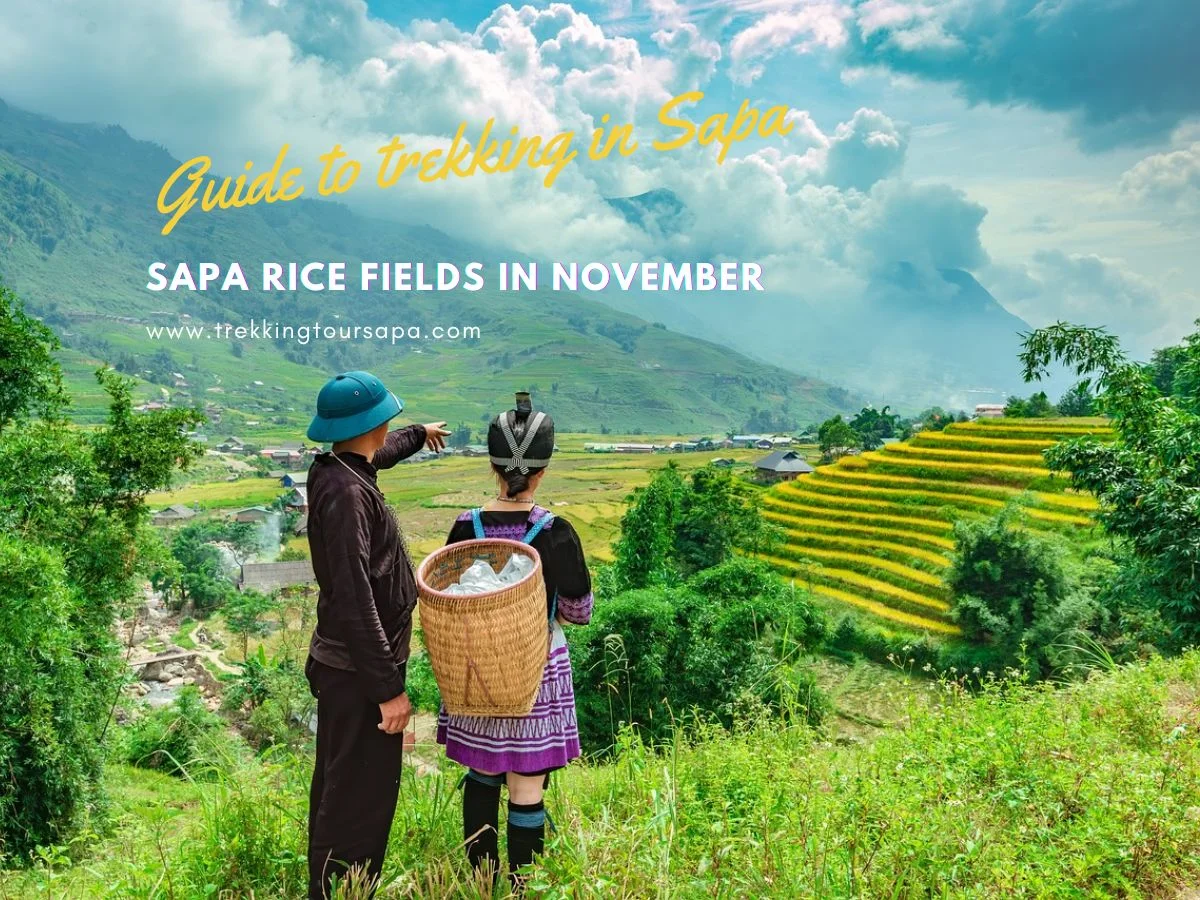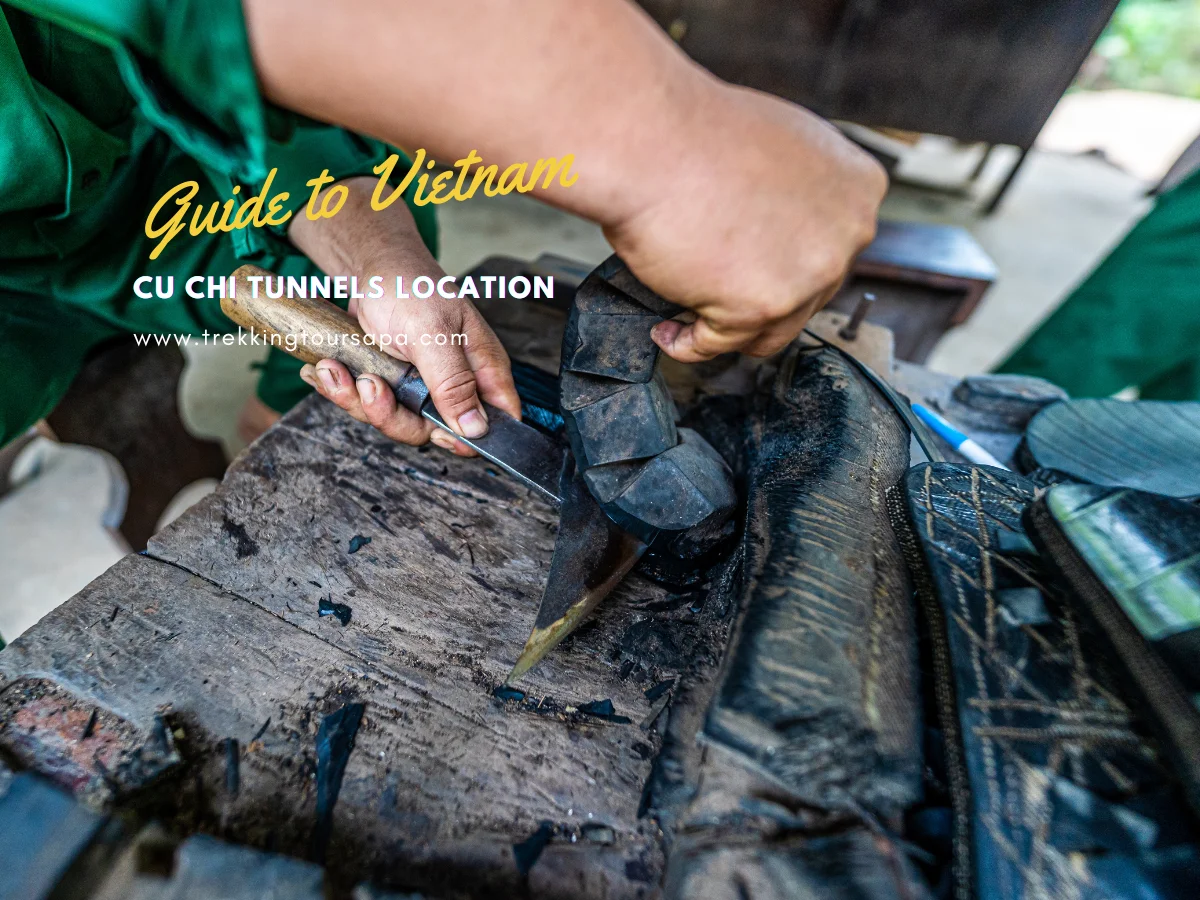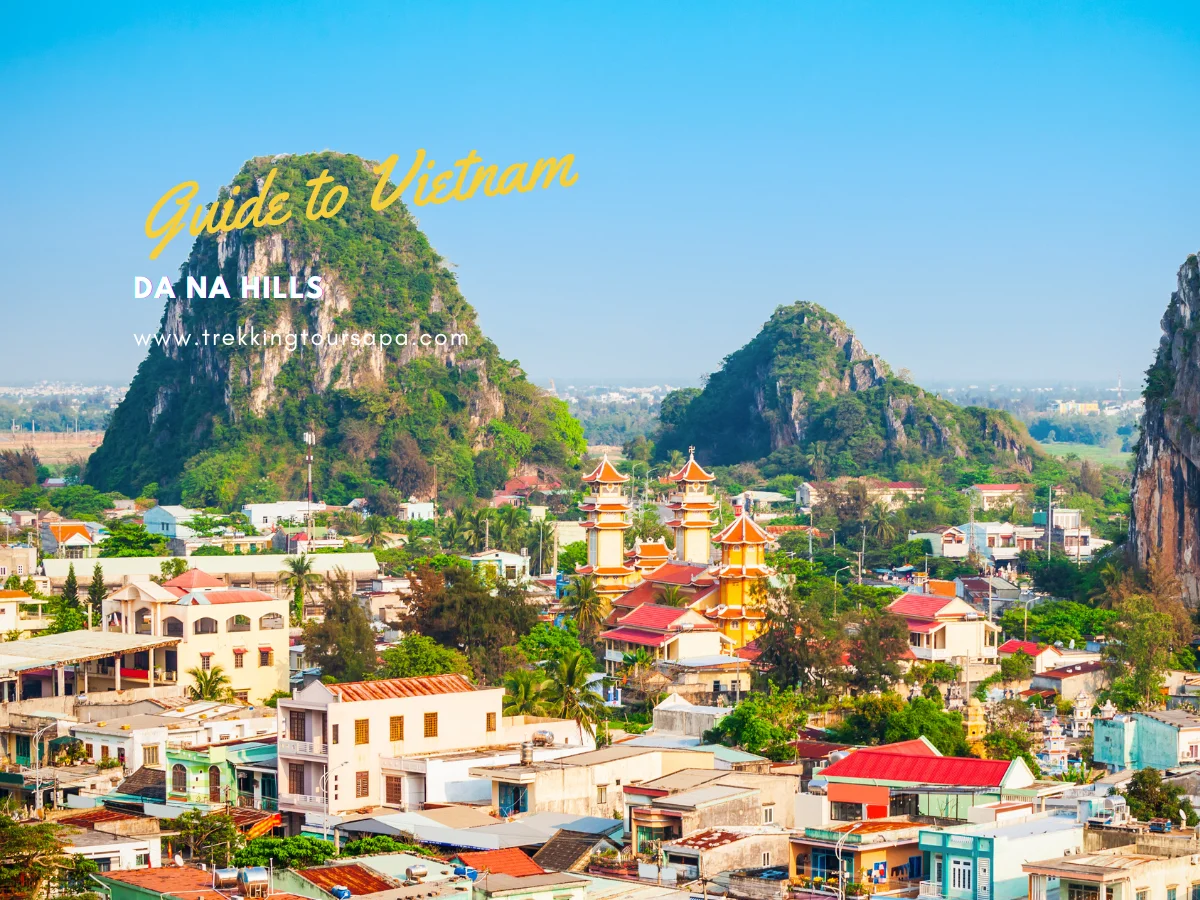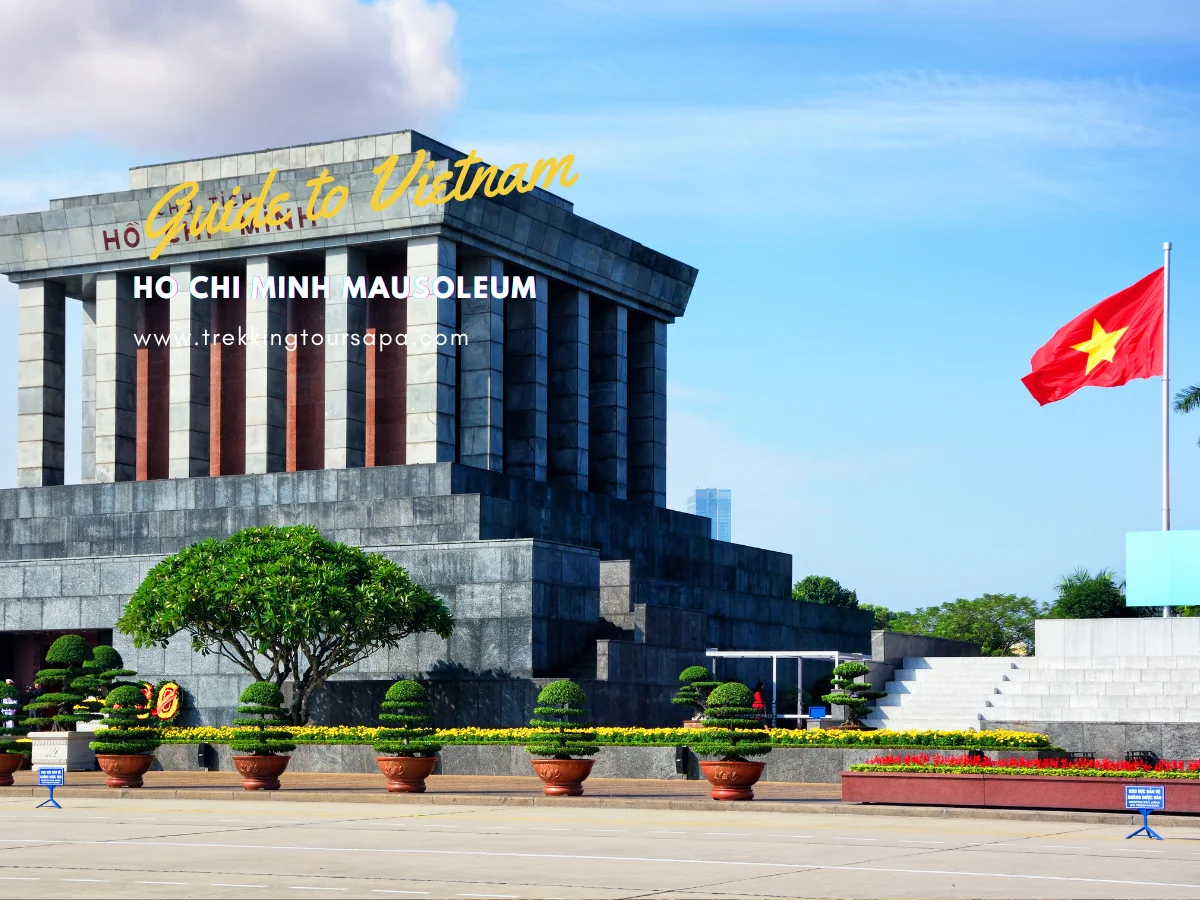Are you looking for a true escape from the hustle and bustle of modern life? Look no further than the stunning Sapa rice fields in November. Located in northern Vietnam, this region is known for its incredible natural beauty, rich cultural traditions, and unique trekking opportunities.

As you explore the Sapa rice fields in November, you’ll be surrounded by vibrant shades of green as the harvest season comes to a close. The terraced rice paddies are a sight to behold, perfectly crafted by generations of farmers who have cultivated this land for centuries. But there’s more to Sapa than just its breathtaking scenery – you’ll also have an opportunity to immerse yourself in local culture and traditions, connect with friendly locals, and enjoy delicious food that reflects the region’s diverse influences. So why wait? Pack your bags and get ready for an adventure that will leave you feeling refreshed and rejuvenated.
Table of Contents
ToggleOverview of Sapa and Its Rice Fields
The region offers a picturesque landscape that attracts visitors from all over the world during this time of year. Sapa, located in the northwestern part of Vietnam, is known for its stunning rice fields. The terraced paddies in Sapa offer breathtaking views and are an excellent opportunity to witness traditional farming methods.
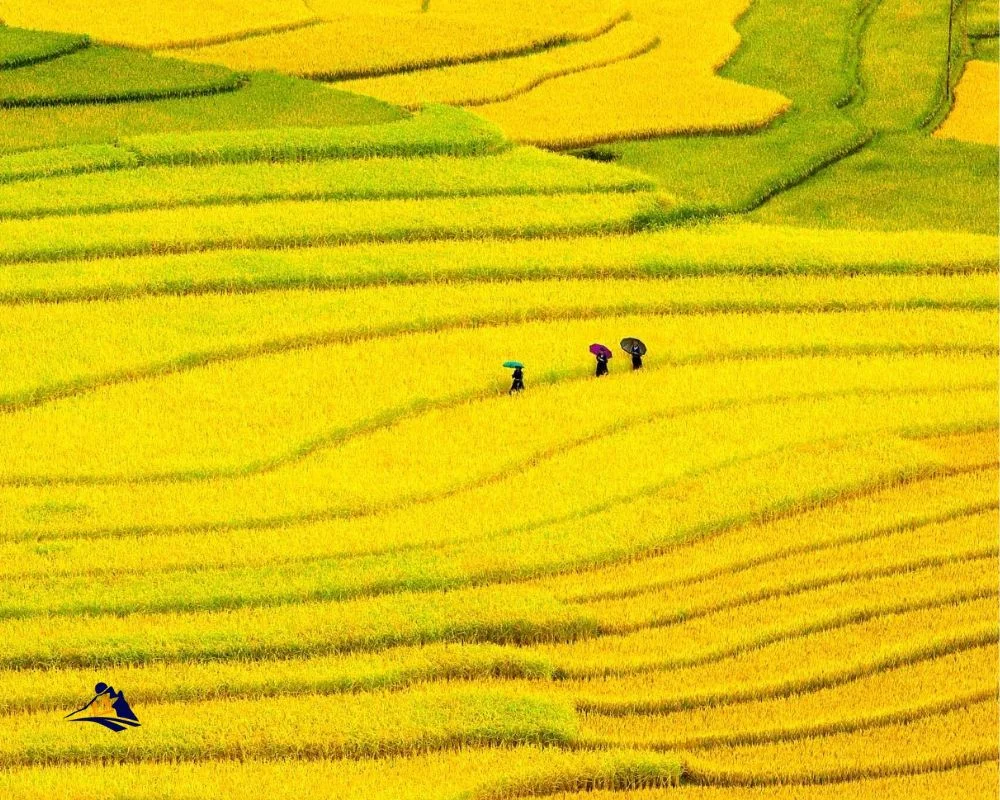
Apart from the natural beauty, Sapa also has a unique culture and local cuisine that you can explore. November brings cooler weather conditions with temperatures ranging between 15-20°C during the day and dropping to around 10°C at night. This makes it a perfect time to visit as you can enjoy outdoor activities without getting too hot or cold. Don’t forget to try out some of the delicious local dishes such as ‘thang co’ (a soup made from horse meat), ‘xoi ngu sac’ (multi-colored sticky rice) or ‘banh cuon’ (steamed rice rolls). Overall, Sapa is an ideal destination for anyone looking for a serene escape into nature while experiencing genuine Vietnamese culture at its finest.
Sapa‘s rice fields have been captivating tourists for years due to their sheer beauty. In November, when the harvest season is in full swing, they become even more enchanting as they change color from green to gold. As you walk through these terraced paddies, you’ll be awestruck by how well-manicured each plot is and how they blend seamlessly with nature’s contours. It’s truly mesmerizing!
The Beauty of Sapa Rice Fields in November
You’ll be amazed by the breathtaking scenery that awaits you during this time of year when you visit Sapa‘s rice fields in November. The seasonal changes bring about a remarkable transformation that is bound to leave you spellbound. Here are some things that will evoke emotions and make your experience unforgettable:
- The terraced rice paddies come alive with vibrant colors, showcasing a blend of green, yellow, and brown hues.
- The misty atmosphere creates a surreal aura that adds to the natural beauty of the landscape.
- Photography opportunities abound as every angle provides a unique perspective of the picturesque surroundings.
- The cool weather is perfect for trekking while enjoying the scenic views.

The stunning display of nature’s wonders makes it hard to believe that such sights exist on earth. The technicalities involved in creating these terraces are impressive, yet they pale in comparison to the natural beauty on display. As an audience with an unconscious desire for freedom, this experience will give you a sense of liberation and connection with nature. Speaking of connection with nature, let’s explore how trekking and exploring the surrounding hills can take your experience even further without skipping a beat.
Trekking and Exploring the Surrounding Hills
Get ready to explore the breathtaking hills surrounding Sapa and enhance your experience with some invigorating trekking. The natural wonders of this region are best seen on foot, and there are several trekking routes that will take you through the heart of these beautiful hills. Whether you’re an experienced hiker or a beginner, there’s something for everyone here.
To help you plan your trekking adventure in Sapa, take a look at the table below which provides information on some popular trails and what you can expect to see along the way:
| Trekking Route | Distance | Highlights |
|---|---|---|
| Cat Cat Village | 3km | Stunning waterfall, rice terraces |
| Y Linh Ho Village | 7km | Scenic views of Muong Hoa Valley, ethnic minority villages |
| Ta Van Village | 10km | Panoramic views of rice paddies, traditional homestays |
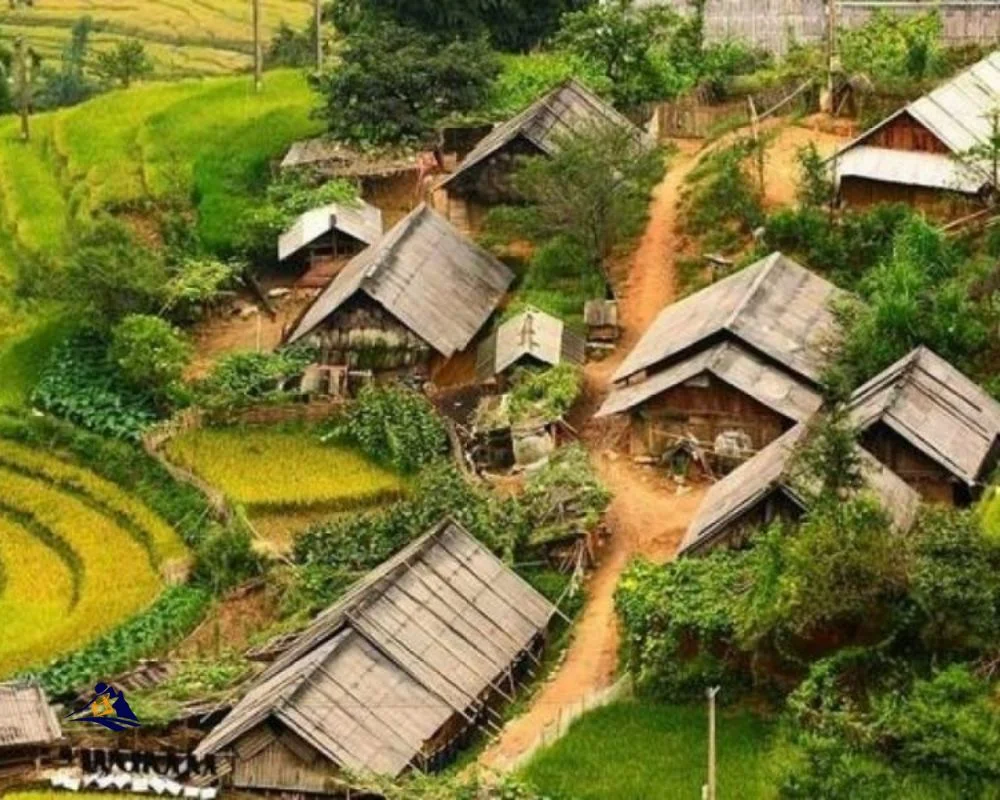
As you journey through these hills and valleys, be sure to keep an eye out for the unique flora and fauna that call this area home. From rare orchids to colorful birds, there’s always something new to discover. And as you immerse yourself in nature, don’t forget to take a moment to appreciate the peace and serenity that surrounds you.
With all these natural wonders around us it is impossible not to learn about local culture and traditions while visiting.
Local Culture and Traditions
You’ll be fascinated by the local culture and traditions of Sapa‘s ethnic minority groups. Discover their unique customs, beliefs and way of life that have been passed down from generation to generation. You’ll also learn about the traditional farming methods they use to cultivate crops on the steep hillsides, which is a testament to their resilience and ingenuity in adapting to their environment.
Ethnic Minority Groups
As you explore the region, you’ll come across vibrant communities of ethnic minority groups that have preserved their unique traditions and customs for generations. These indigenous communities have placed great importance on cultural preservation and have managed to maintain their distinct way of life despite the influence of modernization. From the Hmong people who are known for their intricate embroidery work and silver jewelry crafting to the Red Dao women who wear colorful headscarves and intricately embroidered clothing, each group has something special to offer.
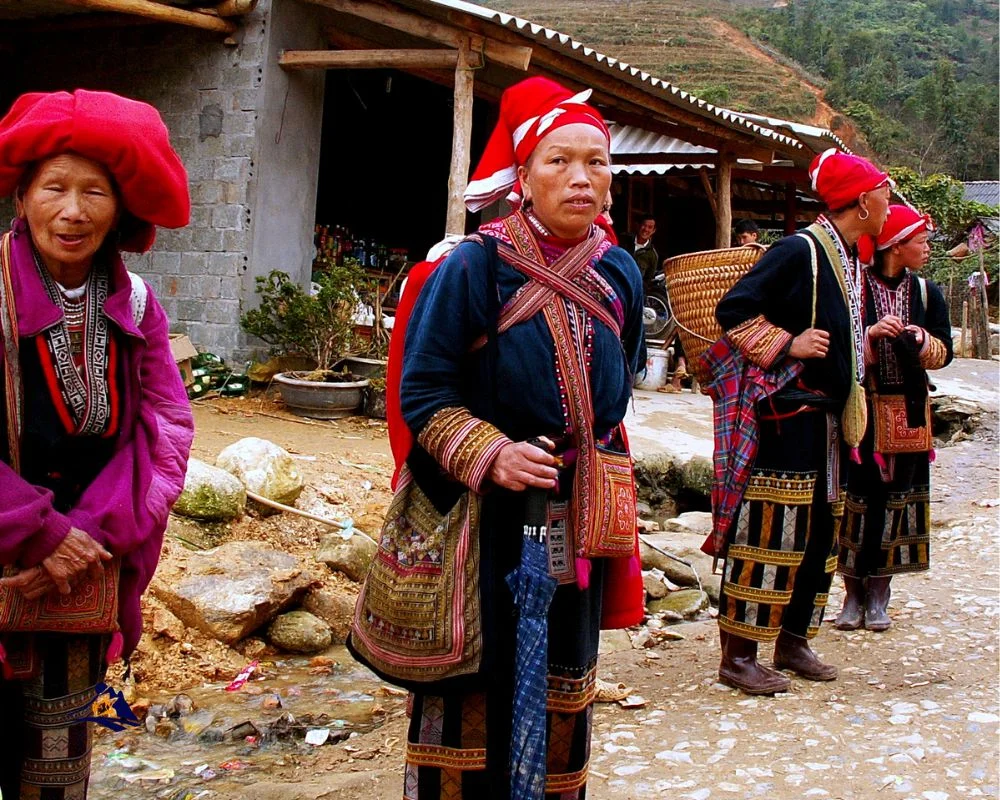
To fully appreciate these ethnic minority groups, it’s important to understand their history and way of life. Many of these communities live in remote mountainous areas where they farm rice terraces, raise livestock, and practice hunting and gathering for subsistence. They have a deep connection with nature and believe in living in harmony with their environment. As you interact with them, you’ll discover how they’ve developed sustainable farming techniques over hundreds of years that allow them to cultivate crops without harming the land or depleting its resources.
Through these interactions, you’ll gain a newfound appreciation for traditional farming methods that prioritize sustainability rather than profit. In the next section, we’ll delve deeper into how these methods are used in sapa rice fields during November.
Traditional Farming Methods
Now that you have gained some insight into the different ethnic minority groups in Sapa, it’s time to explore their unique approach to farming. The traditional farming techniques used by these communities have been passed down through generations and are deeply rooted in their culture. These sustainable agriculture practices involve using the surrounding natural resources, such as water from nearby streams and terraces carved out of the mountain slopes, to cultivate rice paddies.

The terraced fields in Sapa are not only visually stunning but also serve a crucial purpose. The intricate system allows for water distribution across different levels of the mountainside while simultaneously preventing soil erosion. Farmers utilize oxen as a means of plowing and planting seeds by hand. This hands-on approach to farming requires an immense amount of physical labor, but it yields high-quality crops that sustain their communities throughout the year.
As you immerse yourself in the local culture and witness firsthand how these farmers utilize traditional methods to cultivate rice paddies, you can’t help but appreciate their skillful techniques and dedication towards sustainable agriculture practices. Now let’s delve into different accommodation options in Sapa where you can fully experience this unique way of life without compromising on comfort or convenience.
Accommodation Options in Sapa
If you’re planning on staying in Sapa, there are plenty of great accommodation options to choose from. Whether you’re looking for top rated accommodations or budget friendly options, Sapa has something for everyone. The town is home to a range of hotels, hostels and guesthouses that cater to all types of travellers.

For those seeking luxury, there are several high-end hotels with stunning views of the rice fields and mountains. However, if you’re on a tight budget, there are plenty of affordable hostels and guesthouses that offer comfortable rooms at reasonable prices. No matter where you stay in Sapa, you’ll be surrounded by breathtaking scenery and have easy access to hiking trails and local markets. Now that you know where to stay in Sapa, it’s time to figure out how to get there without any hassle.
Getting to Sapa
Getting to Sapa can be an adventure in itself, with winding roads and stunning scenery along the way. If you’re planning a trip to Sapa, there are several transportation options available that can help you get there. You can take a bus from Hanoi or rent a car and drive yourself. The journey by road takes around 6 hours from Hanoi, but the travel time may vary depending on your itinerary.
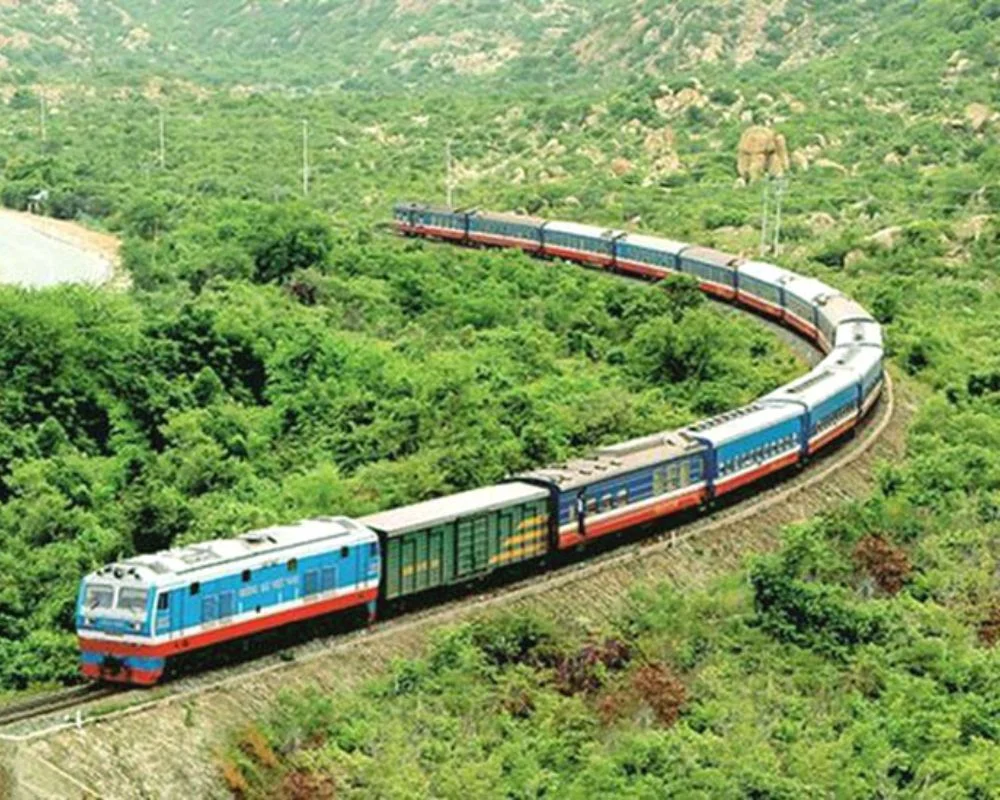
If you’re looking for a more scenic route, consider taking the train to Lao Cai, which is located about 38 kilometers from Sapa. From Lao Cai, you can hire a taxi or transfer service to get to your accommodation in Sapa. No matter what option you choose, be prepared for some breathtaking views of mountains and valleys as you make your way towards this picturesque town nestled in the hills of northern Vietnam.
As you plan your trip to Sapa and figure out how to get there, don’t forget about all the other attractions this region has to offer. From trekking through rice terraces and visiting local villages to exploring waterfalls and hot springs, there’s plenty to see and do once you’ve arrived in this beautiful part of Vietnam.
Other Attractions in Sapa
You’ll definitely want to check out the other attractions in this stunning region, including trekking through lush greenery and exploring natural landmarks that will take your breath away. Sapa is known for its bustling markets where you can find everything from handicrafts to traditional clothing. Visit Bac Ha Market on Sundays or Can Cau Market on Saturdays for a truly authentic experience.
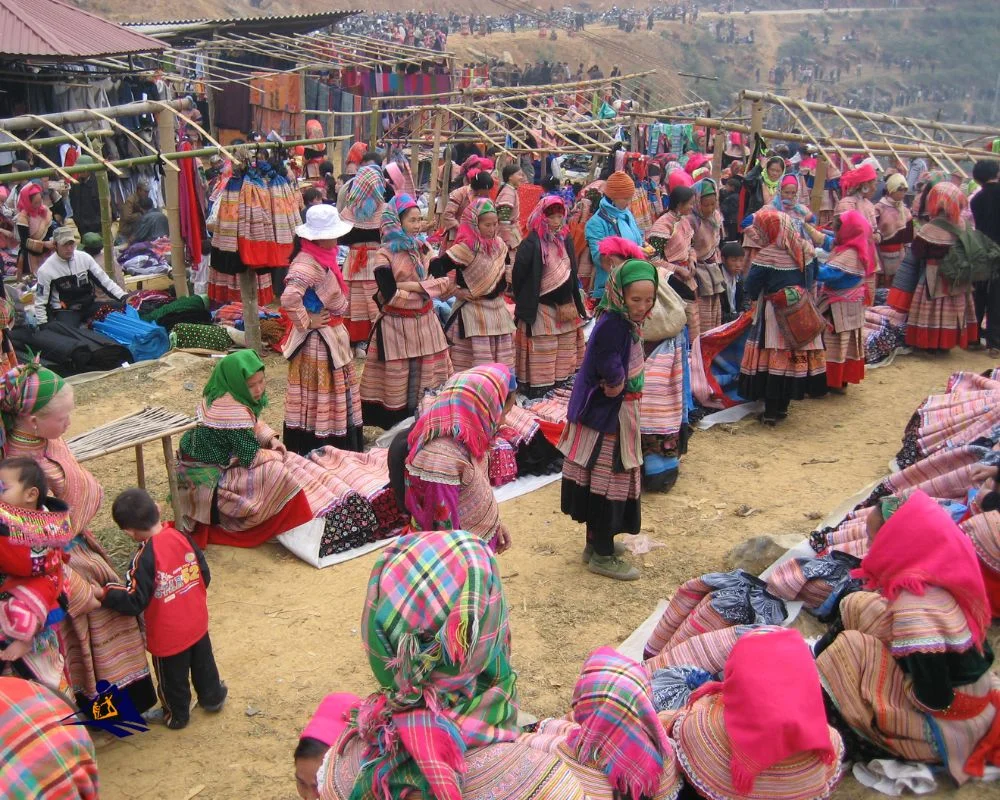
In addition to the markets, Sapa also boasts beautiful waterfalls such as Silver Waterfall and Love Waterfall. These cascades are surrounded by picturesque landscapes and offer an opportunity to cool off after a long day of exploring. Don’t forget your camera as you’re sure to capture some unforgettable moments. Now that you’ve explored all Sapa has to offer, let’s move onto some tips for visiting the rice fields in November.
Tips for Visiting Sapa Rice Fields in November
When visiting Sapa rice fields in November, be prepared to witness a breathtaking transformation of the landscape. As the harvest season comes to an end, the hills turn into a sea of gold and orange, resembling a warm blanket over the earth. The cool weather makes it perfect for trekking and exploring the terraced rice fields on foot. Don’t forget your camera as this is a paradise for photography enthusiasts.

To capture the best shots, consider going during sunrise or sunset when the light is soft and golden. Bring along a tripod to stabilize your camera and experiment with different angles to get that perfect shot. It’s also important to dress appropriately as November can be quite chilly with temperatures dropping at night. Bring layers of clothing and sturdy shoes that are comfortable for walking long distances on uneven terrain. With these tips in mind, you’re sure to have an unforgettable experience exploring Sapa’s stunning rice fields during November.
Sapa Rice Fields In November Frequently Asked Questions
What is the history of rice farming in Sapa?
Rice farming in Sapa dates back to ancient times and has evolved over the years, adapting to changing conditions and technologies. The cultural significance of rice farming is deeply ingrained in the local communities, with many traditional practices still observed today. Rice paddies are carefully terraced into the hillsides, creating a stunning visual landscape that attracts visitors from all over the world. As you learn about the history of rice farming in Sapa, you’ll discover how this staple crop has shaped the region’s economy and way of life for generations. Despite its technical and analytical nature, there is a sense of freedom that comes with understanding how this ancient practice continues to thrive in modern times.
Can visitors participate in rice harvesting or other farming activities?
If you’re looking for farming opportunities and a chance to immerse yourself in the local culture, Sapa is the place to be. Visitors can participate in rice harvesting and other farming activities year-round, with many tours offering hands-on experiences that allow you to learn traditional techniques from local farmers. This cultural immersion is a unique opportunity to gain insight into the daily lives of people who rely on the land for their livelihoods. Whether you’re interested in learning about planting techniques or want to try your hand at threshing rice, there are plenty of opportunities available for those looking to engage with this ancient tradition firsthand. So if you’re seeking freedom through new experiences and cultural exchange, consider adding Sapa’s farming opportunities to your travel itinerary.
What are the best locations for photography of the rice fields?
Looking to capture stunning photos of rice fields? Photography tips are aplenty, but one crucial factor is the seasonal changes. The best locations for photography depend on the time of year and the growth stage of the rice plants. During early growth stages, capturing a vast expanse of greenery can create stunning panoramic shots. As the rice matures, focusing on individual stalks or clusters can make for visually striking images. A foreground object such as a farmer or water buffalo can add depth and context to your shots. Additionally, consider shooting during sunrise or sunset for optimal lighting conditions and rich color saturation. With these tips in mind, you’ll be able to capture breathtaking photographs that showcase both nature’s beauty and your own creative vision.
Are there any local festivals or events related to rice farming in November?
As you explore the lush and vibrant landscapes of Northern Vietnam in November, you’ll discover an abundance of rice-related festivities that highlight the cultural significance of this staple crop. From colorful parades to traditional dances, these events provide a unique insight into the rich history and traditions of the local communities. You’ll witness farmers celebrating their harvests with great joy and reverence, as they pay homage to the land that sustains them. These celebrations are a testament to the enduring connection between people and nature, reminding us all of our responsibility to cherish and protect our planet.
How do the rice fields in Sapa compare to those in other regions of Vietnam?
When it comes to rice field biodiversity and cultural significance, the regions of Vietnam vary greatly. The Mekong Delta is known for its vast fields of rice paddies, while the Red River Delta boasts centuries-old traditions of wet rice farming. In contrast, Sapa’s rice terraces are unique in their intricate design and mountainous landscape, attracting visitors from all over the world. However, despite their distinctiveness, Sapa’s terraced fields are facing challenges due to climate change and tourism development. As a conscious traveler with a desire for freedom, it is important to visit these sites respectfully and support sustainable practices that preserve their beauty and cultural heritage for generations to come.
Conclusion
As you wrap up your trip to Sapa and its stunning rice fields in November, take a moment to reflect on the memories you’ve made. The juxtaposition of the vibrant green terraced fields against the misty mountains creates an otherworldly experience that is not easily forgotten. Trekking through the hills and immersing yourself in local culture adds depth and context to your journey, making it more than just a sightseeing tour.
While there are many accommodation options available in Sapa, staying with a local family or at a homestay allows for a more authentic experience. Remember to pack warm clothing as November can bring chilly temperatures, but also don’t forget to bring an open mind and willingness to embrace new experiences. Overall, visiting Sapa’s rice fields in November is an adventure that combines natural beauty with cultural immersion, leaving you with unforgettable memories.
